Please see a list below of the current training and development programs offered by the Centre for Global Health:
Executive Course on Global Health Diplomacy
The Centre for Global Health at the Dalla Lana School of Public Health (DLSPH) is pleased to offer its Executive Course on Global Health Diplomacy again in 2021-22. Now more than ever, professionals working in health and health-related fields are required to interact and negotiate across many sectors of society to tackle a range of important health issues. The COVID-19 pandemic is an illustration of the transnational nature of health and the need for coordinated action among global forces to achieve impact in the lives of people.
In collaboration with the Office of International Affairs for the Health Portfolio, and working with the Graduate Institute Geneva, this executive training course is the first-of-its-kind in Canada. Designed for professionals working in health or health-related sectors, this course will explore the theory and practice of global health diplomacy as it relates to COVID-19 and other current health issues, while offering a uniquely Canadian approach.
This course will take place online from January 2022-May 2022 and in person from June 6-8th, 2022 (dependent on the COVID-19 health and safety guidelines).
For more information please visit this link
Statistical Alliance for Vital Events (SAVE) – Queen Elizabeth Advanced Scholars (QES)
*** 2020/2021 Call for Application is now open***
The Queen Elizabeth Advanced Scholars (QES-AS) Program will have a special focus on non-communicable diseases & human capital. For more information please refer to the QES-AS Call for application document as well as the application form.
Please send all application materials in one .pdf file to Vadim Levin (globalhealth.dlsph@utoronto.ca) by midnight EST on October 25th, 2020
Please include all your application materials in one .pdf file with the following name First Name Last Name – QES Scholar 2020 Application (for example “Vadim Levin – QES Scholar 2020 Application”)
2020 QES- AS
Non-communicable diseases (NCDs) – in particular cardiovascular diseases, diabetes, cancer, chronic respiratory diseases and mental health disorders – represent major health problems, which can impede healthy longevity. There is considerable evidence that a reduction of NCDs in middle age (broadly defined as ages 30-69 years) leads to a compression of morbidity during older ages and healthier longevity. NCDs can seriously threaten countries’ human capital, productivity and future economic growth. They reduce human capital in the short term primarily through their negative impact on adult survival and productivity. They can also undermine the creation of future human capital, for example by negatively impacting children’s and adolescents’ educational attainment. The COVID pandemic has further underscored the importance of a life-cycle approach to investments in NCD-free longevity, with targeted investments by governments in ensuring that children and adolescents are protected from the disease. Despite these and other known risks to human capital, health and well-being, NCDs have received relatively less attention from governments. As part of the 2030 Agenda for Sustainable Development, Sustainable Development Goal 3 (Good Health and Well-Being) includes as a target a one-third reduction of premature mortality from NCDs globally, through prevention and treatment.
2018 & 2019 SAVE-QES
Most deaths in low- and middle-income countries (LMICs) occur at home and without medical attention. As a result, causes of death are often unknown, which limits evidence-based resource allocation, misses identifying new diseases or outbreaks (such as Ebola), reduces accountability over health expenditures, and can impede progress towards the United Nations 2030 Sustainable Development Goals (SDGs). To address this imbalance, the Dalla Lana School of Public Health and the Centre for Global Health Research (CGHR) have launched the Statistical Alliance for Vital Events (SAVE), which aims to accelerate the introduction of novel, low cost mortality monitoring systems and expand the use of existing mortality data systems. The initial focus is on India, Ethiopia, Mexico, Mozambique and Sierra Leone. Future expansion will cover about 25 countries. A key goal of SAVE is to expand the global understanding of mortality statistics and their uses.
GLOBAL HEALTH RESEARCHERS RECEIVE $500K GRANT TO BUILD CAPACITY AND EXCHANGE GLOBAL TALENT
Meet the QES Scholars
2019
|
ASHLEY AIMONE Dalla Lana School of Public Health; and Visiting Lecturer, Department of Human Nutrition, School of Public Health, College of Medicine, MOI University Topic – Child mortality in Sierra Leone and verbal autopsy implementation Watch interview here |
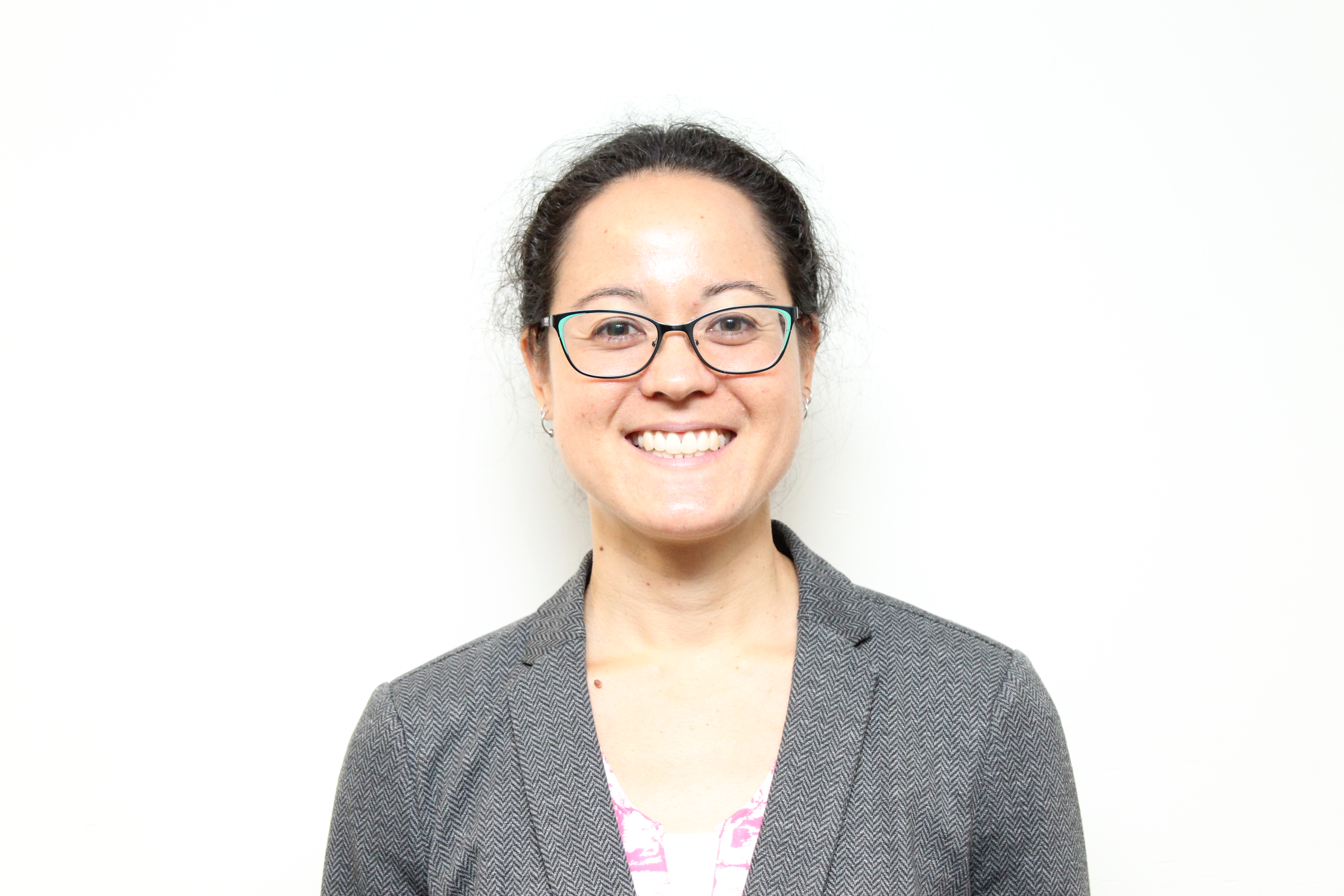 |
|
FERNANDA EWERLING Postdoctoral researcher at the International Center for Equity in Health, Pelotas, Brazil Topic – Incorporating equity analysis of Brazilian mortality data Watch interview here |
 |
|
SAYANTEE JANA Assistant Professor, Indian Institute of Management, India Topic – Malaria in India Watch interview here |
 |
|
NANDITA SAIKIA Assistant Professor in Population Studies, Centre for the Study of Regional Development, Jawaharlal Nehru University, Delhi Topic – Sex-selective abortion in India Watch interview here |
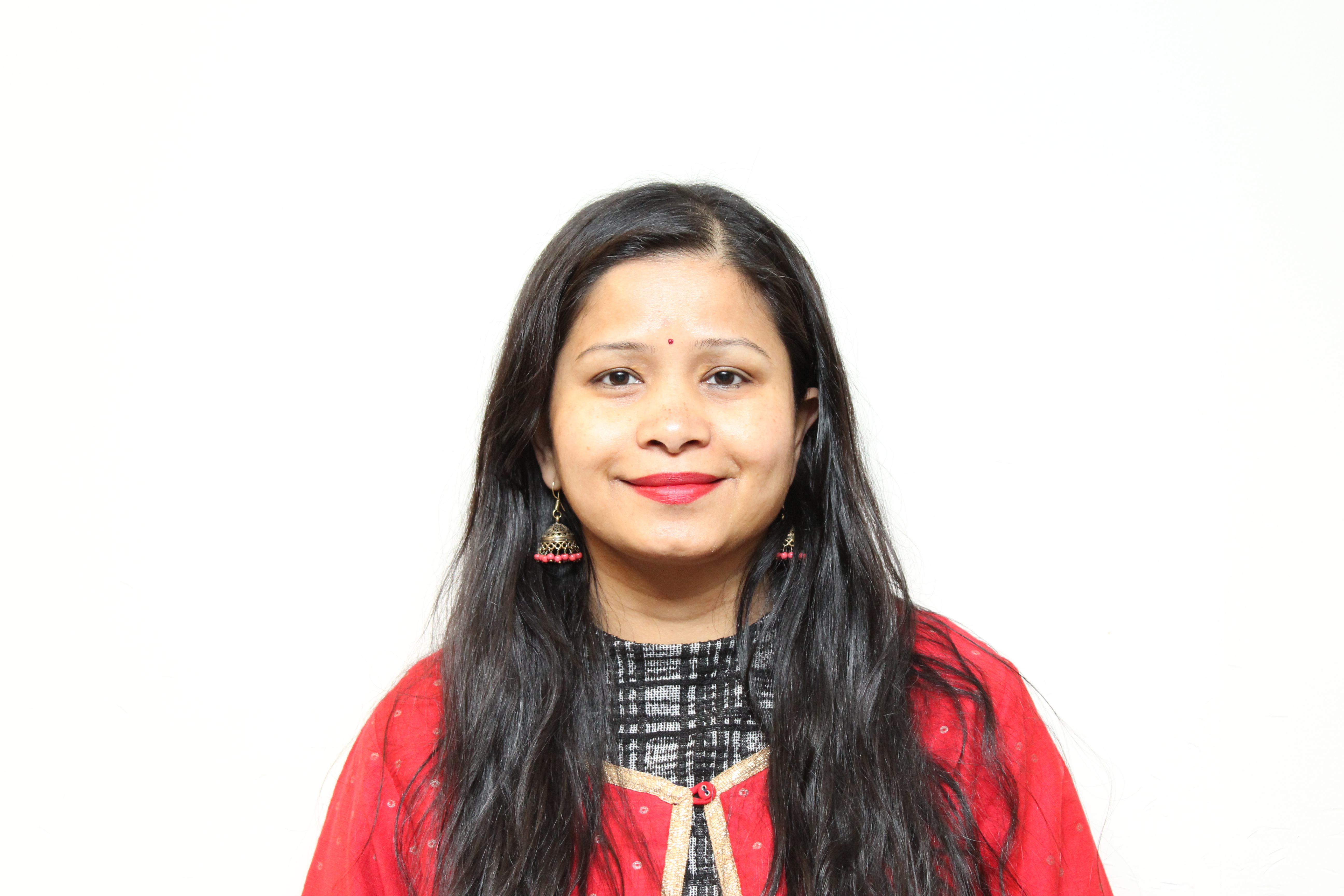 |
|
SUSAN THOMAS Scientist D, Biomedical Informatics Center ICMR – National Institute for Research on Reproductive Health Topic – Validating verbal autopsy diagnosis using physician keywords |
 |
2018
|
MICHELLE AMRI PhD student, Social and Behavioural Health Sciences, DLSPH, Collaborative Specialization in Global Health Studying the extent and determinants of social and economic inequalities in cities globally in low- and middle-income countries and their influence on inequalities in health. |
|
|
BRICE LIONEL BATOMEN KUIMI PhD student, Epidemiology, McGill University Aims to develop quality indicators to assess the performance of health systems in reducing and preventing mortality due to motor vehicle collisions. |
|
|
GEETHA R. MENON Scientist, National Institute of Medical Statistics, Ansari Nagar, New Delhi Plans to determine the Indian Disease Burden and implement WHO tools and techniques on Indian morbidity and mortality data for periodic estimation of disease and risk factor burden. |
|
|
GIRMATSION FISSEHA ABREHA Assistant Professor, Mekelle University School of Public Health, Ethiopia Seeking skill development in maternal and child health interventional research using longitudinal health data and demographic surveillance for policy action on the Ethiopia Health Sector Transformation Plan. |
|
|
SONNIA-MAGBA BY-BUAKEI JABBI Principal Statistician & Senior Researcher at Statistics Sierra Leone Program will enhance his leadership of Sierra Leone’s Countrywide Mortality Surveillance for Action project, which will establish a mortality data system to support health programs, policy decision-making, and resource allocation. |
|
|
MELKAMU DEDEFO GISHU PhD fellow in Applied Statistics, University of KwaZulu-Natal, South Africa Program will facilitate his work as a CHAMPS-Ethiopia Investigator tracking the cause of under-five mortality and still births in sub-Saharan African and south Asia through a new surveillance system. |
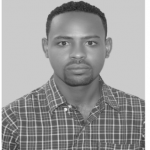 |
Summer Institute 2018
The first Global Health and Mortality Summer Institute took place on June 25-29, 2018. Doctoral, postdoctoral, and early career scholars from around the world joined at the University of Toronto for a week of advanced training. Participants engaged in the work of strengthening health and mortality information systems in low- and middle-income countries to support innovative multi-disciplinary research on maternal and child health in order to improve access to health services. This year, we had participants from Ethiopia, India, Mozambique, Sierra Leone, and Canada. Participants are SAVE-QES Fellows, affiliates of the SAVE program, and attendees with a strong interest in statistical methods and mortality data.
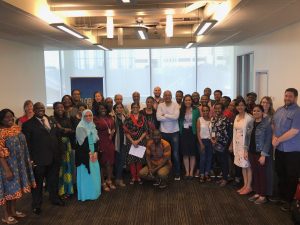
The SAVE-QES Summer Institute is designed to prepare advanced scholars at the doctoral, postdoctoral, and early career levels to:
- Conduct quantitative research, using mortality data from publicly available datasets;
- Develop competencies and skills through quantitative data analyses that incorporate gender, research intensive seminars, grant and manuscript writing, knowledge translation, leadership, networking and community engagement opportunities; and
- Disseminate research results at different stakeholder forums and via high-impact journals.
Summer Institute 2019
The second Global Health and Mortality Summer Institute took place on May 27-29, 2019. Doctoral, postdoctoral, and early career scholars from around the world joined at the University of Toronto for a week of advanced training. Participants engaged in the work of strengthening health and mortality information systems in low- and middle-income countries to support innovative multi-disciplinary research on maternal and child health in order to improve access to health services. This year, we have participants from India, Brazil, Mozambique, and Canada. Participants are SAVE-QES Fellows, affiliates of the SAVE program, and attendees with a strong interest in statistical methods and mortality data.
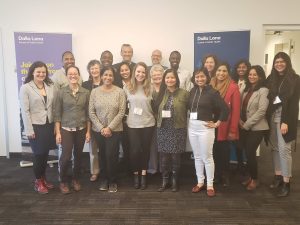
The SAVE-QES Summer Institute is designed to prepare advanced scholars at the doctoral, postdoctoral, and early career levels to:
- Strengthen participants’ quantitative research and analysis skills, using mortality data from available datasets, health and mortality information systems in LMICs;
- Develop participants’ skills in effectively communicating data analyses to diverse stakeholders (e.g. governments, donors, researchers, non-governmental organizations); and
- Develop participants’ competencies in leadership, knowledge translation and community engagement to support them in influencing decision-making in different settings.
MEDIA
https://twitter.com/Vadim_Levin/timelines/1138148891050819587
QEScholars – Curated tweets by Vadim_Levin
Partners
The SAVE-QES Summer Institute is a partnership between the Dalla Lana School of Public Health and the Centre for Global Health Research. It is funded by the Canadian Queen Elizabeth II Diamond Jubilee Advanced Scholars Program, supported through a unique partnership between Universities Canada, the Rideau Hall Foundation, Community Foundations of Canada and Canadian universities. It is made possible with financial support from the International Development Research Centre and the Social Sciences and Humanities Research Council.
IDRC Research Ideas Competition
Canada’s International Development Research Centre (IDRC) is pleased to announce a new Research Ideas Competition to promote health, sustainability and equity in Low- and Middle-Income Countries (LMICs). The IDRC, a Canadian Crown corporation, funds research in developing countries to create lasting change on a large scale and supports local organisations in the Global South to generate the evidence that is relevant in their context. The IDRC is working with the University of Toronto’s Dalla Lana School of Public Health and Faculty of Arts and Sciences to manage this competition and ensure scientific integrity, ethical oversight and inclusivity.
The goal of this competition is to inspire novel research ideas that aim to strengthen policy interventions, population health, environmental sustainability and/or health, gender and social equity in LMICs. These novel ideas are expected to deliver health and environmental co-benefits by addressing the interlinked nutrition and environmental challenges and knowledge gaps that impede shifts towards healthier and sustainable food systems. These ideas will promote a conceptual understanding
For more information please click link
